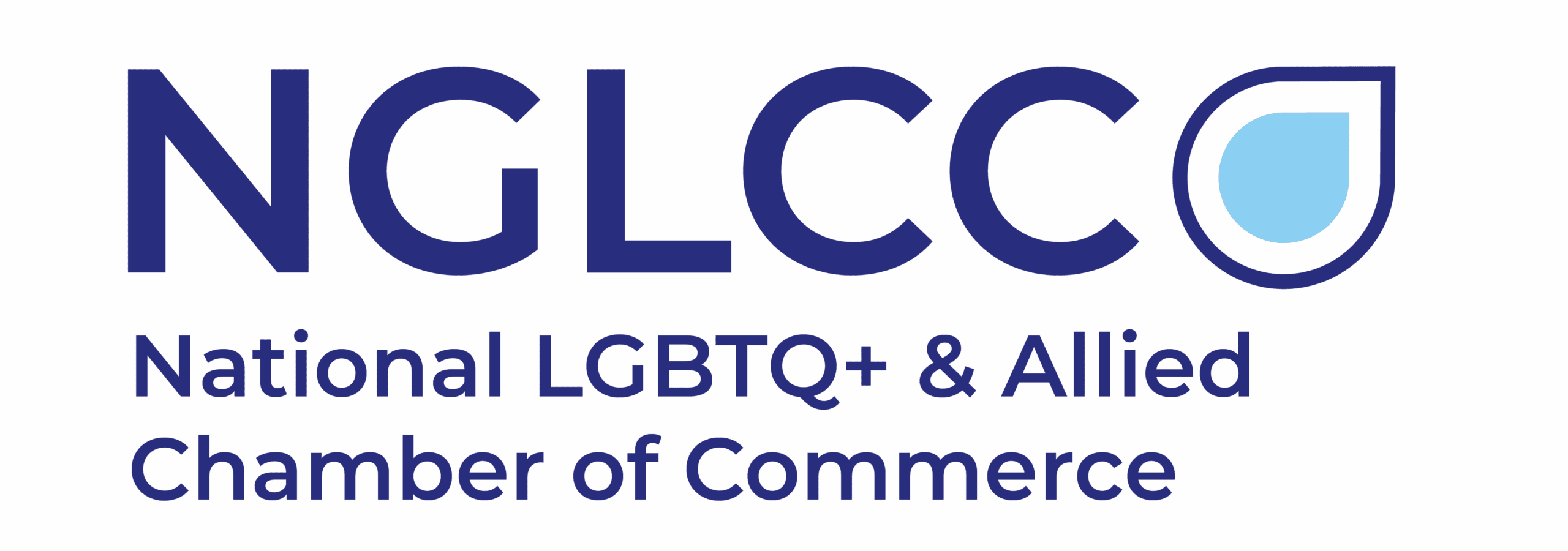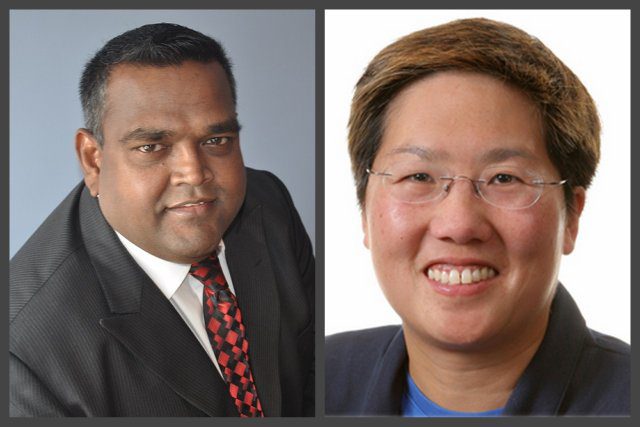Did you know that Asian Americans are one of the fastest growing entrepreneur demographics in the United States? Between 2002 and 2007, the number of Asian American-owned businesses grew more than 40%. May is the official month to recognize the contributions of Asian American and Pacific Islanders. As part of NGLCC’s ongoing series of stakeholder interviews, we spoke with two Asian American business owners, who are both realtors, but also important advisors to their local communities.
Interviewees included:
- Liane Wong, realtor at Centra Realty and secretary of the Tucson GLBT Chamber of Commerce Board of Directors, Tucson, AZ
- Vernon Barsatee, realtor, franchisee owner, and Certified LGBTBE®, Boston, MA
What are your experiences/thoughts about the intersection of race, heritage, LGBT, and business?
Wong: It certainly brings levels of complexity to the job. I am Chinese-American, born in the States, lesbian, and real estate agent. I found that people in general automatically have a preconceived notion of me being Asian. My clients never suspect me of being a lesbian because they don’t see that layer of me right away. Sometimes I feel like a secret agent, that no one knows who I am and that is a good thing. I treat every client the same, and my interactions are all business.
Barsatee: With the LGBT business community being a minority group, being an Indian makes me a minority in this minority group. Although I enjoy being out to my family and friends, I sometimes find it not necessary in business arena, unless it is inquired about.
What can we (as a society) learn from this type of intersection?
Barsatee: As a society, the LGBT community has and will always be a part of civilization; integration coupled with equality is not only mandatory, but inevitable.
Wong: Don’t read a book by their cover. We are not who you think we are, we are better than what you imagine.
How does having layers of identity create difficulties, strengths, or both? What are your thoughts?
Wong: Being Asian makes us less forthright, more pensive, more often than not waiting for the other person to give an opinion first, not really having strong opinions on topics. This comes across to others as being weaker in the business world. And if the person on the other side of the interaction is not familiar with me, then they try to take the upper hand of a transaction because they have a perceived sense of weakness. Which is not the case. I just approach life differently then the American Anglo world.
Barsatee: Whilst these layers of identity exist, I do not accept it. It is my belief that these layers are introduced by society that wants to identify us as a community defined by sexual orientation. My view is that my sexual orientation has no bearing on being a decent human being, good parent, honorable spouse, honest businessman, and the list goes on.
What are some ways, including certification, that business owners can get equal access to contracting opportunities?
Wong: Certainly the certification process will bring us to the table equally no matter where we were born, what our accent may be, or who we have associated with since college. Without the certification process, it is definitely more difficult to get that access to the table.
Barsatee: Having organizations like the NGLCC is an asset that helps bridge the gap to the corporate world, one that will not ordinarily be within reach. The strengths of an organization (like NGLCC) dedicated to the LGBT community is that it provides support for our fellow men and women to let others know that you are not alone.
Anything else you would like to share?
Wong: Being an Asian American lesbian has lots of complexity and layers that those of us in that category have difficulty understanding on a daily basis. We blend in well in different worlds, and yet don’t really fully belong to one. It makes us special.

